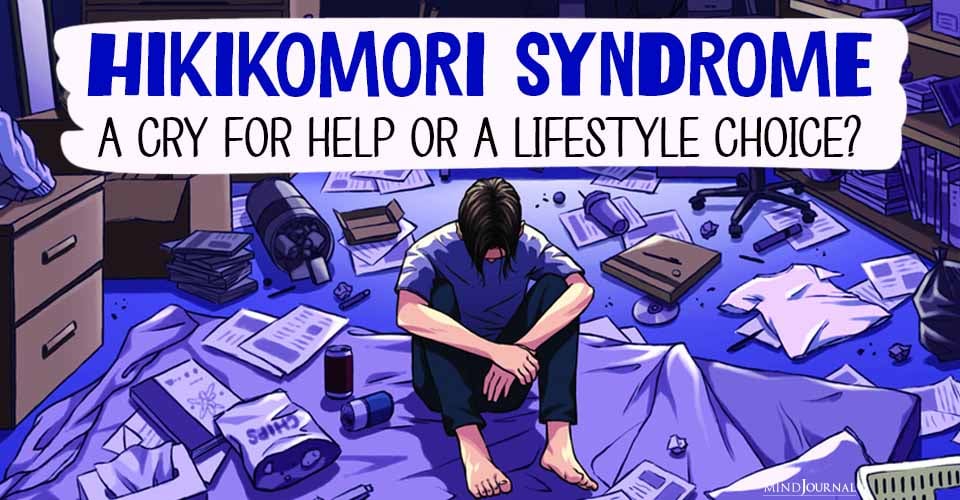“Why do I always feel hungry?”, “Why am I feeling hungry after eating?”, “Why do I feel so hungry all the time?”– Have these thoughts ever crossed your mind? Feeling hungry is totally natural and necessary for our survival. Our bodies are pretty smart—they send signals to your brain when you need fuel, telling you to grab a snack or sit down for a meal.
But it can get pretty annoying and worrisome when you feel hungry all the time, even after chowing down on a big plate of food. That’s why we’re here to spill the beans on ten possible reasons behind your never-ending hunger.
We’ll dive deep into the nitty-gritty of this whole hunger situation, so you can get a handle on why it’s happening. Figuring out what’s causing your constant hunger can give you some powerful insights into your own body and help you take charge of your health.
So, if you are thinking “Why do I feel so hungry all the time?”, or “Why am I feeling hungry after eating?”, you have come to the right place.
Related: Food For Mental Health: 10 Foods That Can Help Boost Your Mood And Reduce Stress
Why Do I Always Feel Hungry? 10 Surprising Reasons Behind Your Endless Hunger Pangs
1. You are not eating enough protein.
This is easily one of the biggest reasons behind you thinking “Why am I still hungry after eating?”.
Protein is a crucial dietary component that plays a vital role in promoting satiety and keeping us feeling satisfied. Insufficient protein intake can result in a persistent feeling of hunger.
This is because protein takes longer to digest than carbohydrates or fats, so it stays in your stomach longer and helps to regulate your appetite. Aim to include a source of protein in every meal and snack, such as lean meat, fish, eggs, tofu, beans, or nuts.
2. Your blood sugar might have fallen.
When you consume carbohydrate-rich food, your body breaks it into glucose, which is the primary source of energy for your cells and brain. Insulin, a hormone, helps glucose enter your cells for energy, leading to a natural drop in blood glucose levels.
This decrease in glucose levels signals your cells that there is less energy available, prompting your body to trigger hunger signals and ask for more food.
Research has found that individuals with larger blood sugar dips tend to be hungrier throughout the day and consume more calories than those with stable blood sugar levels. Selecting foods that work best with your body can help you feel fuller for longer and eat less overall.
3. You’re not getting enough fiber.
“Why am I still hungry after eating?”, “Why do I always feel hungry?”. Maybe because you are not consuming enough fiber.
Fiber is another nutrient that helps to keep you feeling full and satisfied. It slows down the digestion process, which can help to prevent spikes in blood sugar levels and keep hunger at bay.
If you’re not getting enough fiber in your diet, you may find that you’re constantly hungry. Aim to include plenty of fruits, vegetables, whole grains, and legumes in your diet, as these are all good sources of fiber.
4. You don’t consume enough fat.
Fat is an important nutrient that helps to keep you feeling full for longer periods due to its slow gastrointestinal transit time. In addition, consuming fat can trigger the release of hormones that promote fullness. If your diet is low in fat, you may experience more frequent hunger and increased cravings for high-sugar foods.
A study found that those following a low-fat diet reported more hunger and more cravings for carbs than those on a low-carb diet.
Incorporating nutrient-dense, high-fat foods into your diet, such as coconut oil, fatty fish, avocados, olive oil, eggs, and full-fat yogurt, can help increase feelings of fullness and reduce hunger.
Related: 10 Superfoods That Prevent The Growth Of Cancer
5. You are not getting enough sleep.
If the thought “Why do I always feel hungry” has ever crossed your mind, then your quality of sleep might be a crucial reason behind it.
Sleep is essential for overall health and well-being, and it also plays a role in regulating appetite. When you don’t get enough sleep, your body produces more of the hormone ghrelin, which stimulates hunger, and less of the hormone leptin, which signals fullness.
This can lead to increased hunger and overeating. Aim to get at least seven to nine hours of sleep per night to help regulate your appetite.

6. You are experiencing hormonal changes.
Changes in certain hormones can affect your appetite and contribute to feelings of hunger. Lower estrogen levels, which can occur during menopause or throughout the menstrual cycle, can increase appetite.
Progesterone, even at a lowered level, can also contribute to feelings of hunger. The stress hormone cortisol increases in the first days of the menstrual cycle and may lead to increased cravings.
Higher testosterone levels, such as polycystic ovary syndrome, can also contribute to hunger. During pregnancy, hormonal changes can make you feel hungrier than usual.
Additionally, women may experience a drop in serotonin levels, which can increase appetite and contribute to feelings of depression. Hormonal changes can significantly impact hunger and appetite in women.
7. You are not getting enough physical activity.
This is an underrated reason behind your thinking “Why do I feel so hungry all the time?”.
Regular physical activity is essential for regulating appetite and preventing overeating. Exercise can lower levels of the hunger hormone ghrelin while increasing levels of the hormone peptide YY, which signals fullness.
Research has shown that people who exercise regularly tend to have better control over their appetite and consume fewer calories. Aim for at least 30 minutes of moderate-intensity physical activity most days of the week to help regulate your appetite.
This can include activities such as cycling, swimming, brisk walking, or jogging. Incorporating regular exercise into your routine can not only help to control hunger but also improve overall health and well-being.
Related: 21 Health And Nutrition Myths Backed By Science
8. You are consuming too many processed foods.
Consuming a diet high in processed foods can lead to increased hunger and overeating. These foods are often high in calories and low in nutrients, containing added sugars and fats that can cause spikes and crashes in blood sugar levels, leading to hunger and cravings.
In contrast, a diet rich in whole, unprocessed foods, such as fruits, vegetables, whole grains, lean proteins, and healthy fats, can help to regulate appetite and promote feelings of fullness. Whole foods tend to be more nutrient-dense and contain fiber, which slows digestion and helps to keep you feeling satisfied for longer periods.
By reducing your intake of processed foods and increasing whole food consumption, you may find it easier to control your hunger levels and manage your weight.
9. You are not drinking enough water.
This is another very important reason behind your feeling “Why am I hungry all the time?”.
Dehydration can often be mistaken for hunger, as the signals sent to the brain can be similar. When you’re dehydrated, your body may send signals to the brain that make you feel hungry, when in fact you don’t need food.
To prevent this situation, it is crucial to maintain proper hydration by consuming an ample amount of water throughout the day. Strive to drink at least eight glasses of water daily, and increase your intake if you engage in physical activity or reside in a warm environment. Drinking water before meals can also help to reduce hunger and calorie intake.
Additionally, staying hydrated can help to promote overall health and well-being, including improved digestion, better brain function, and increased energy levels.
10. You’re not eating enough regularly.
“Why am I always feeling hungry? Why am I feeling hungry after eating?”. It might be because of this reason.
Skipping meals or long gaps between meals can cause a drop in blood sugar levels, leading to increased hunger and overeating. Eating regular meals and snacks throughout the day can help to stabilize blood sugar levels and prevent feelings of hunger.
It’s important to eat a balanced diet that includes a variety of foods, such as fruits, vegetables, whole grains, lean proteins, and healthy fats. This may mean eating smaller, more frequent meals or snacks throughout the day, rather than three large meals.
Eating at regular intervals can go a long way in preventing binge eating, as it keeps your body fueled and energized and reduces the chances of cravings and hunger.
Related: What Causes Food Cravings And How To Stop Them
Takeaway
To wrap it up, feeling hungry is totally natural and crucial for survival. But if you’re constantly famished, even after scarfing down a hearty meal, there might be something more going on.
By diving deep into the root causes, you can tame your appetite and prevent going overboard on snacks. It’s all about understanding your body’s needs and finding the right balance.
So, the next time you think “Why am I always feeling hungry?”, or “Why do I always feel hungry?” or “Why am I hungry all the time?”, come back to this post.
Frequently Asked Questions (FAQs)
What are 2 signs of extreme hunger?
The 2 signs of extreme hunger are rapid weight loss or emaciation, and persistent cravings or obsessive thoughts about food.
Is hunger a symptom of diabetes?
Yes, hunger can be a symptom of diabetes. In diabetes, the body’s inability to properly regulate blood sugar levels can lead to increased hunger as the cells are not receiving enough glucose for energy.
What illnesses cause hunger?
Some of the illnesses that can potentially lead to more hunger are diabetes, hyperthyroidism, Prader-Willi syndrome, parasitic infections, anxiety, and depression.










Leave a Reply